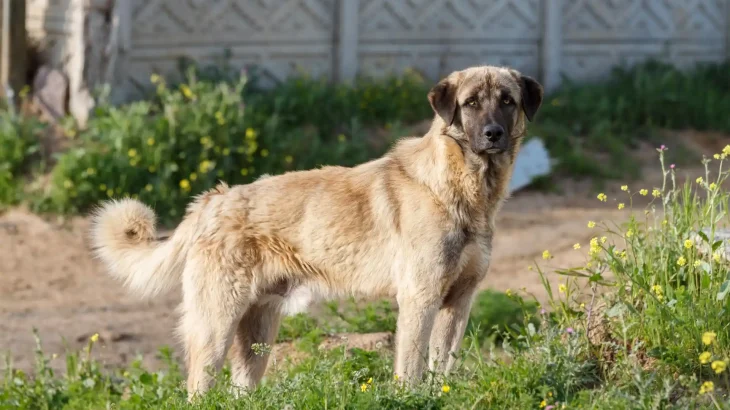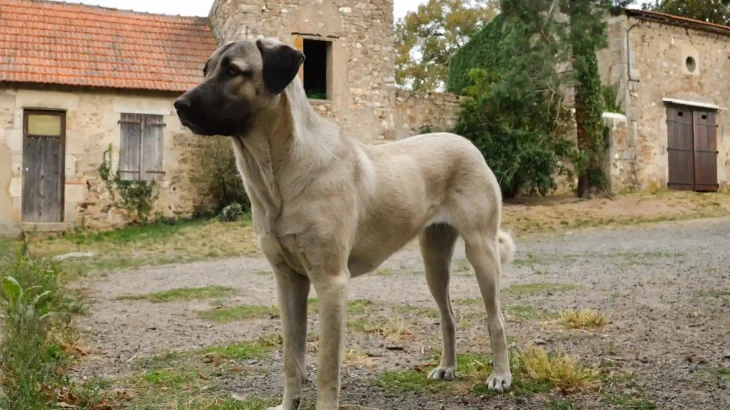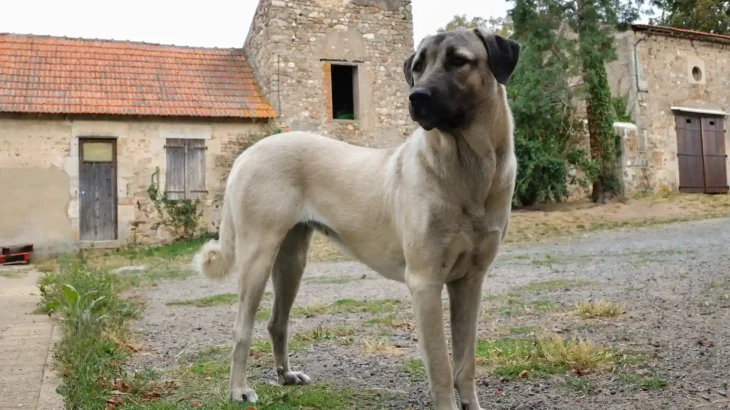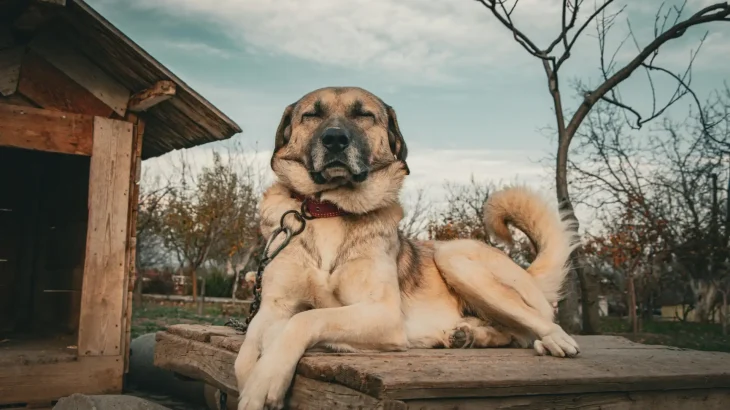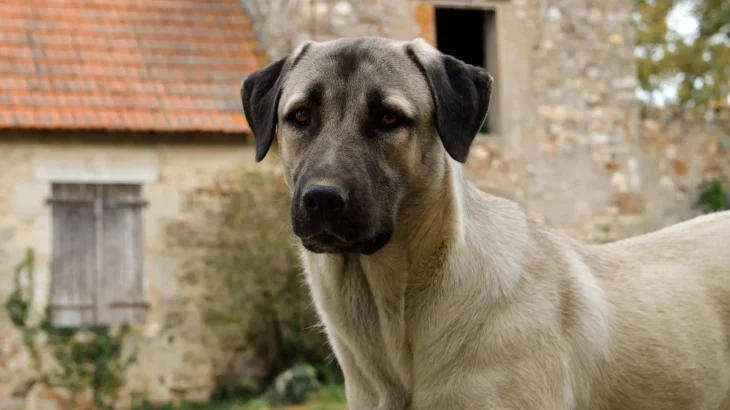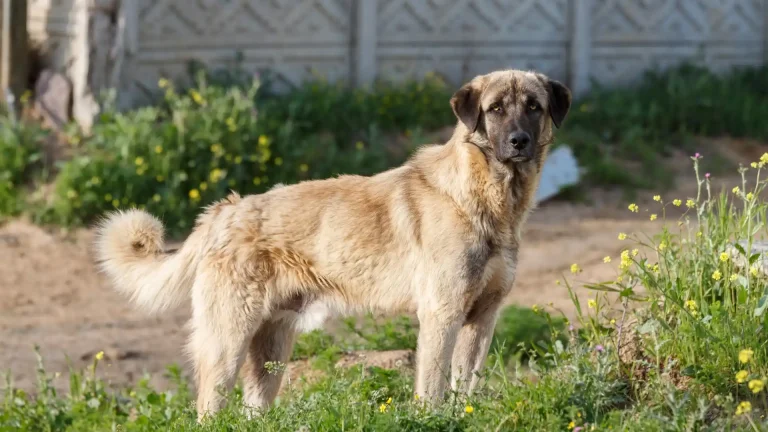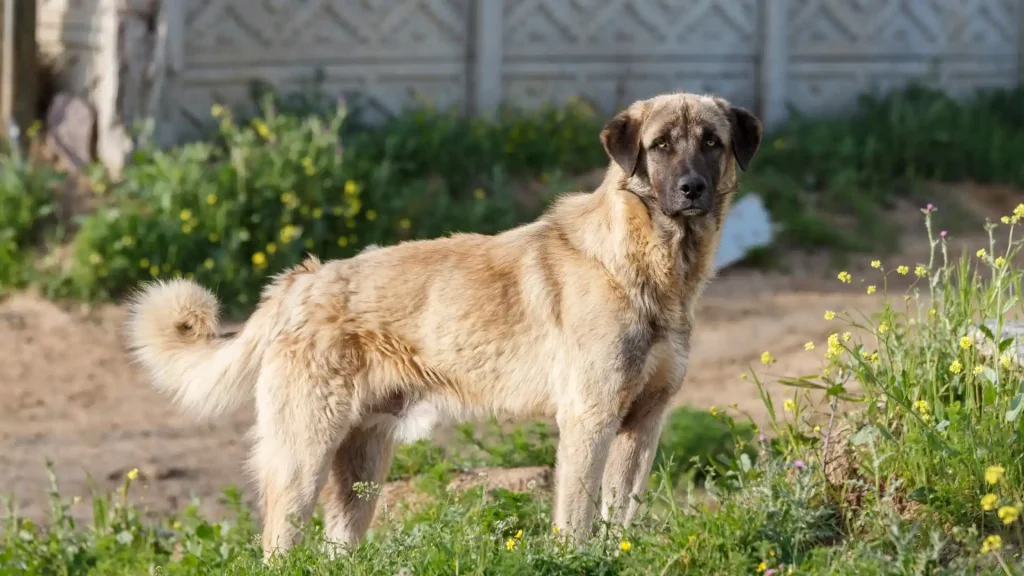Deciding whether to adopt or purchase an Anatolian Shepherd Dog puppy depends largely on what you're looking for in your new canine companion. Buying from a breeder usually offers more predictability in health and lineage, while adopting gives you the chance to provide a deserving dog a home. Both options have unique benefits and points to consider.
| Criteria | Buying from Breeder | Adopting from Shelter/Rescue |
|---|---|---|
| Cost | Higher cost, typically $1,500 to $3,500, reflecting purebred status and breeder expenses. | Lower fees, often $50 to $300, sometimes including vaccinations and spay/neuter. |
| Health History | Detailed health records and genetic screenings often provided by reputable breeders. | Health history may be limited; rescues usually perform basic health checks. |
| Age Availability | Mostly puppies, allowing you to raise your dog from a young age. | Various ages available, including adults or seniors who might already be trained. |
| Temperament Insight | Breeders can give info based on parent dogs' temperaments and lineage. | Rescue staff and foster families offer observations on behavior and personality. |
| Supporting Practices | Helps preserve breed purity if the breeder is reputable and ethical. | Supports animal welfare by giving homes to dogs in need and easing shelter overcrowding. |
| Breed Purity & Pedigree | Offers documented purebred lineage and pedigree certifications. | Breed purity may be uncertain; dogs could be purebred or mixes. |

